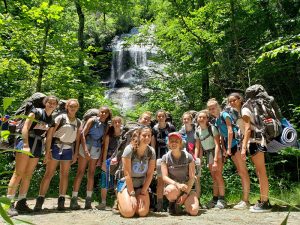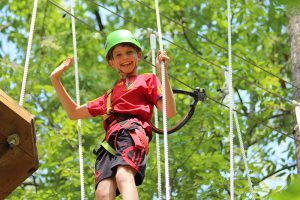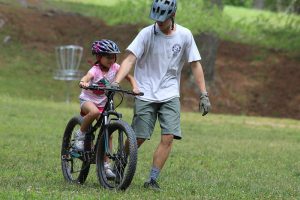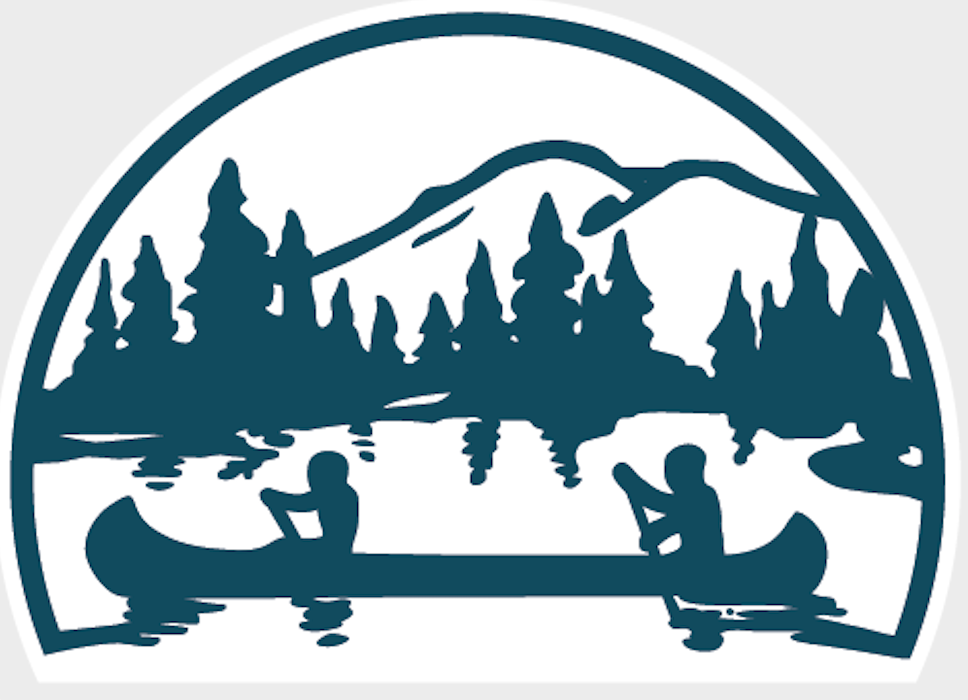It is an illusion to think that more comfort means more happiness. Happiness comes of the capacity to feel deeply, to enjoy simply, to think freely, to be needed. Happiness comes from the capacity to feel deeply, to enjoy simply, to think freely, to risk life, to be needed. – Storm Jameson

The Revenge of Geography, a fascinating book by Robert Kaplan, posits that though technology is making the world “flatter, much of geopolitics and macro human behavior is still defined by geography.” One of his points, also made more subtly by Jared Diamond in Guns, Germs and Steel, is that few historically significant cultures have ever developed between the equator and latitudes 22 North or South. He asserts that life in the tropics is simply too easy to create the need for people to band together for mutual survival. And this coming together to face shared challenges is what is needed to develop complex civilizations. He also notes that great civilizations don’t develop above 50 degrees N or below 50 degrees south because conditions are simply too harsh to do more than merely survive.
So, what the heck are we talking about, and how does this relate to summer camp? Without debating geographical determinism or putting value judgments on what defines “historically significant,” we want to build on his theories. Civilization flourishes in temperate zones. The hypothesis is that where weather is more seasonal, one must intentionally plant crops rather than harvest fruit. One has to figure out ways to stay warm in winter and find light for long winter evenings. People must work together to survive, and this focus on collaboration and innovation fosters the sharing of ideas which moves a civilization forward.
Like life in the tropics, in the book How Children Succeed, Paul Tough argues that as parents, we have made our upper-middle-class children so comfortable that we are actually inhibiting their success. If civilizations need stressors to develop more fully, perhaps giving our children lives filled with too much comfort and doing too much for them is doing them a disservice—though it’s the last thing we intend. Resilience (picking oneself up from failure) and optimism (possessing a belief in your ability to effect your own outcomes) are characteristics of successful people. If our kids rarely experience failure or adversity, we slow their advance to successful adulthood.
 Back to Kaplan: He says a trained geographer can look at the natural attributes of the United States compared to the rest of the planet and instantly understand why it’s the dominant global player. The U.S. has more and better navigable rivers and natural harbors than other countries, our east coast mountains are smaller and more easily traversable, and with our fertile plains accessed by the Mississippi River, we have won the global geography bee! He goes even further to say that because we are protected by two oceans and naturally more secure, inhabitants of the U.S. were automatically more receptive to the concept of democracy than, say, a country like Russia where residents would be more inclined toward the protective rule of a despot because of the constant threat of invasion across its steppes.
Back to Kaplan: He says a trained geographer can look at the natural attributes of the United States compared to the rest of the planet and instantly understand why it’s the dominant global player. The U.S. has more and better navigable rivers and natural harbors than other countries, our east coast mountains are smaller and more easily traversable, and with our fertile plains accessed by the Mississippi River, we have won the global geography bee! He goes even further to say that because we are protected by two oceans and naturally more secure, inhabitants of the U.S. were automatically more receptive to the concept of democracy than, say, a country like Russia where residents would be more inclined toward the protective rule of a despot because of the constant threat of invasion across its steppes.
We would like to make the jump that like the United States, Camp Pinnacle is endowed with a unique advantage in the world of summer camps. We are neither too rustic nor too comfortable. While our campus is quite magical, we have made every effort to keep it outdoorsy and simple. We can take advantage of the millions of acres of park and forest land that surround us to create optimal, age-appropriate outdoor challenges to help children become more resilient and optimistic, and enjoy a strong community experience.
 When children go away to camp for the first time, they’re both nervous and uncomfortable. There are new people, new activities, different food, a bathhouse instead of a private bathroom, and the new experience of sharing a cabin with seven to nine other kids and two counselors. Parents aren’t around to solve problems for them, and kids are somewhat “on their own” for the foreseeable future.
When children go away to camp for the first time, they’re both nervous and uncomfortable. There are new people, new activities, different food, a bathhouse instead of a private bathroom, and the new experience of sharing a cabin with seven to nine other kids and two counselors. Parents aren’t around to solve problems for them, and kids are somewhat “on their own” for the foreseeable future.
However, campers quickly adjust and camp life becomes comfortable, and then, before they know it, extremely fun! Campers are challenged both individually and in their cabin communities, and they learn to overcome these challenges. By working together, encouraging each other, and sharing ideas, each community succeeds beyond initial expectations, and strong friendships are fostered. The shared “adversity” and the uniqueness of the community experience brings people closer together in more powerful ways than if they were in a more comfortable environment (at school, in sports camps, etc.).
Learning that you can be “OK” when you aren’t initially comfortable, and that things don’t have to be familiar or easy for you to succeed, is a life lesson that lasts long beyond the summer.
